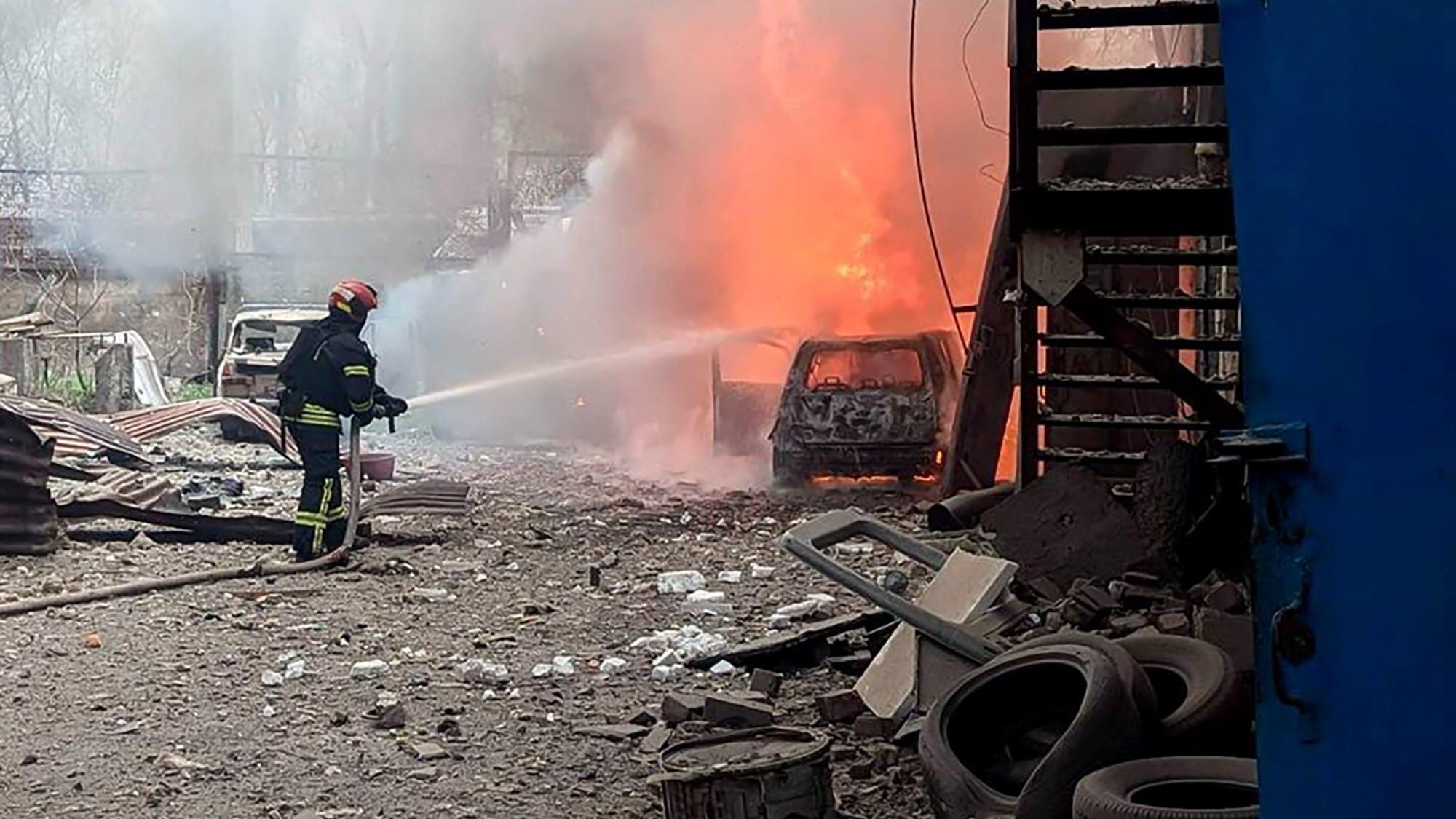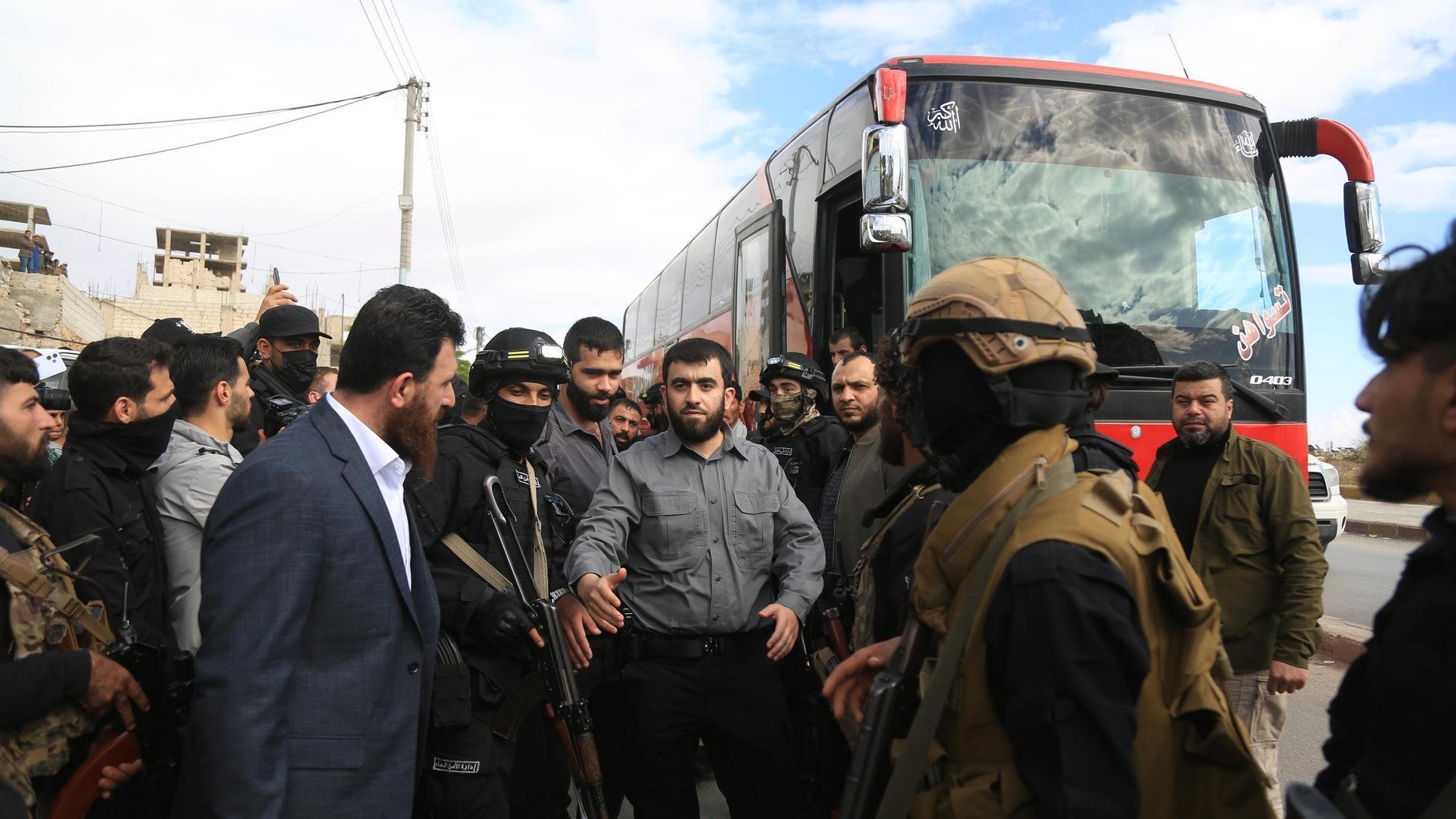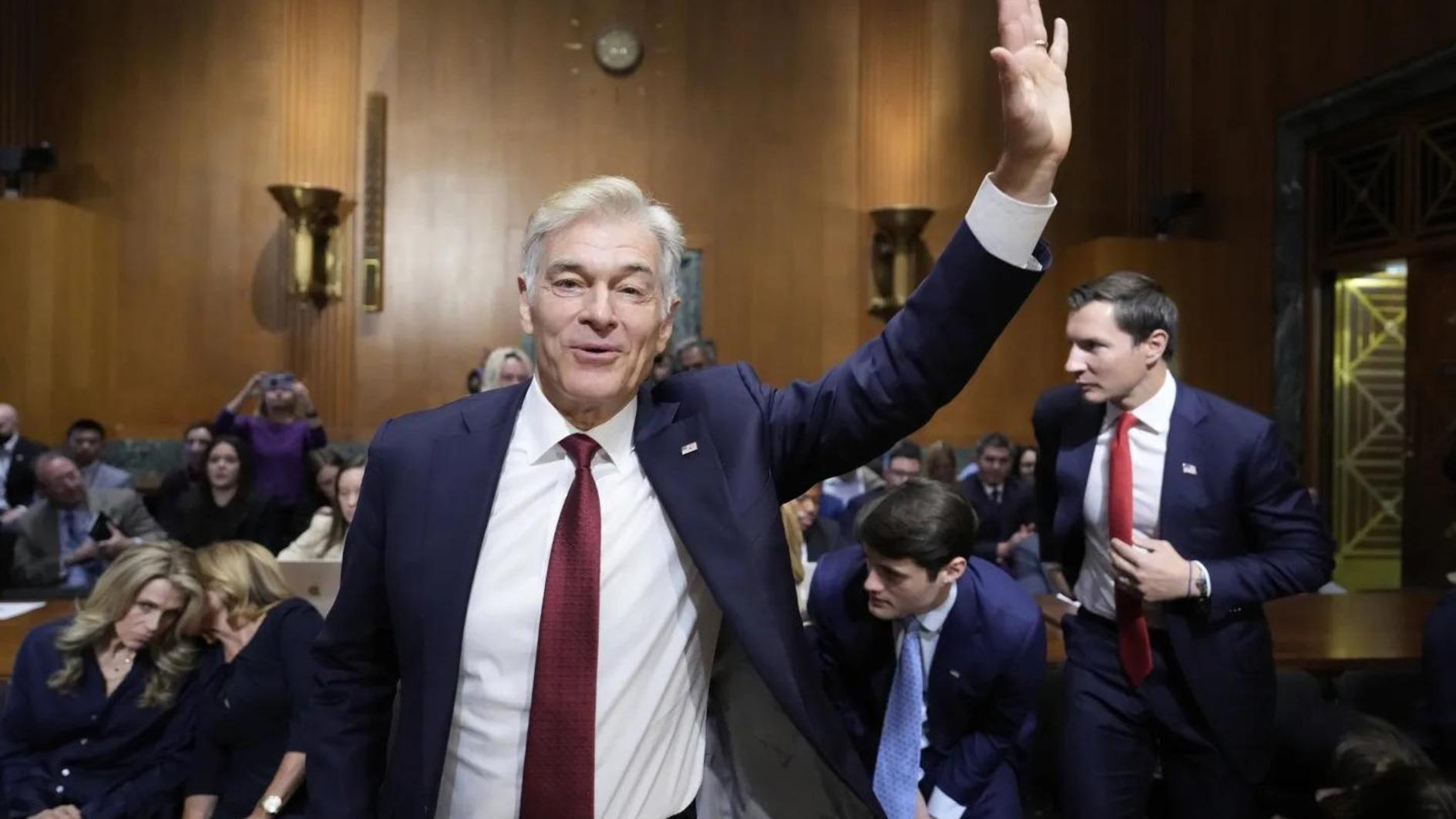As the republic completes 90 years
Even though 90 years is a small parenthesis in history, it is a long journey for a new republic born on the last remaining lands of an empire that collapsed at the beginning of the 20th century.
This journey could be analyzed through various angles but in a very rough way, we can look at how Turkey stepped into the past century and how it came out of it. While doing so, a comparative evaluation of Turkey’s position within the 56-member Organization of the Islamic Conference (OIC) could also give us an idea.
Let’s note the Islamic world has lived in the 20th century with no progress to a great extent in targets such as advancements in science and technology, the establishment of democracy, transfer to the rule of law, good governance, economic development and creating gender equality.
Within this world, Turkey has been the only country that was able to differ in all these categories and step into the future by making meaningful leaps. From this point of view, it is the only exception that has strongly overlapped with the concept of modernity in the Islamic world. What bestows Turkey this exceptional status is the republic itself, the institutions it has built and the radical social transformation it has introduced. No doubt we have to accept that secularism has played a determining role in here. In order to be able to see the difference the republic has made, it is enough to look at the countries in our close geography staging unrest, civil wars and the pains of change the Arab Spring has brought.
However, the acknowledgement of the republic is not an excuse to ignore its shortcomings and faults.
The republic, despite making all these historic leaps, has not been able to move with the necessary pace in integrating the achievements it has made with the values of democracy and pluralism, in securing the rights of the individual before the state. The military takeovers that came in intervals of 10 years, each time, paralyzed the institutionalization of democracy.
Today, from the viewpoints of our Kurdish and Alevi citizens, the fact that equality in the real sense has not been established, points out a significant shortcoming of the republic in building a cohabitation model where diverse ethnic and sectarian identities are recognized and respected.
When we look back at the prevalent political movements, the state structures in world politics right at the beginning of the 20th century, it should not be surprising that the founders of the republic adopted the nation state model and the homogenous society closed to diversity. The group of individuals who set up to form a state after living the bitter experience of witnessing the collapse of an empire opted for what they regarded the most valid alternative under the circumstances of the period.
The problem is not being able to have adapted this design to the requirements of democracy after the transition of multi-party life.
Despite everything, the most important feature of the republic throughout the 90 years has been the durability it possesses and its ability to evolutionarily renew itself. Despite all its flaws, it was able to transform into a democracy, has kept its orbit facing the West, has started the full membership process with the European Union, a short while after it underwent its worst economic crisis in 2001, it was able to climb to the 17th place among world’s major economies.
However, paradoxically, despite the major distance covered on the fields of democratization and civilianization, there is also a completely reverse tendency. Turkey, in the field of democracy and fundamental rights still hosts serious problems in the year 2013, experiences adversities in the field of freedom of expression and the gap of justice in the judicial system is widening considerably.
In a nutshell, we are living and experiencing that it is not solely adequate to remove the military’s influence from the political field in order to achieve the target of the republic to evolve into a true democracy, but, at the same time it is a must that civilian officials should also sincerely adopt the culture of democracy.
With the hope that these shortcomings will be left behind in the evaluation to take place in 10 years’ time on the occasion of the 100th year anniversary, we are celebrating the 90th anniversary of the republic.
Sedat Ergin is a columnist for the daily Hürriyet, in which this piece was published on Oct. 29. It was translated into English by the Daily News staff.











